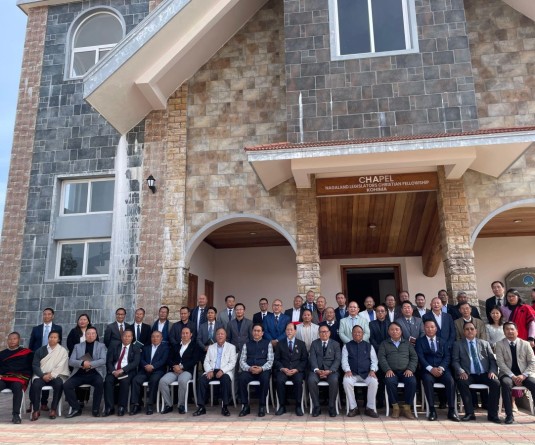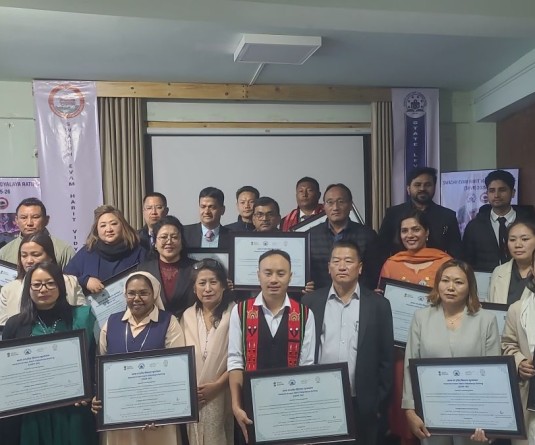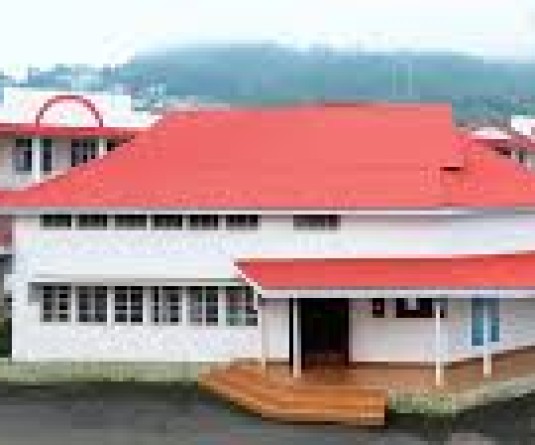
DIMAPUR, APRIL 1 (MExN): The Dimapur District Congress Committee (DCC) has leveled serious allegations of large-scale financial and logistical discrepancies within Nagaland’s Food and Civil Supplies Department. In a press statement, the DCC said that following numerous public complaints, it had filed a Right to Information (RTI) application.
According to the DCC, Nagaland receives 38.72 lakh kilograms (3,872.72 metric tonnes) of tide-over rice every month, which adds up to 4.64 crore kilograms annually. However, the Dimapur DCC said that the Deputy Director and Assistant Public Information Officer (APIO) of the department admitted in their RTI reply that no utilization certificates or records were being maintained. Instead, they claimed that distribution is managed by what they called “stockists” who “retain receipts.” The Dimapur DCC described this practice as a blatant outsourcing of responsibility and raised grave concerns over how 38 lakh kilograms of rice could “vanish monthly without oversight.”
The DCC also raised the alarm over what it called the disappearance of Superior Kerosene Oil (SKO) meant for public distribution. It said that in 2023, the state had been allocated 12.60 lakh litres (1,260 kilolitres) of kerosene, and from 2024, quarterly allocations had increased to 404 kilolitres. Despite these figures, the DCC stated that public reports indicated “near-zero accessibility.” It questioned where the subsidized kerosene was being diverted and who stood to benefit from what it described as a “shadow allocation.”
The Dimapur DCC said that under the Priority Household (PHH) category, Nagaland is allocated 11,315 quintals of sugar monthly, which amounts to 13.578 million kilograms annually. Under the Antyodaya Anna Yojana (AAY) category, it is allocated 875 quintals per month, which adds up to 1.05 million kilograms a year. However, the DCC alleged that no sugar reaches the intended beneficiaries and that this suggested large-scale diversion into black markets.
The Dimapur DCC claimed to have conducted extensive surveys across villages and towns and reported that there was a stark contrast between official records and ground realities. According to the committee, essential commodities meant for subsidized distribution are instead being sold illegally in open markets through what it described as politically connected networks. It said that this alleged practice made a mockery of the principles enshrined in the NFSA.
The DCC demanded immediate clarification from the Food and Civil Supplies Advisor and the Government of Nagaland. It also called for a forensic audit of rice, kerosene, and sugar allocations made since 2023 and urged that criminal proceedings be initiated against any officials and stockists found to be involved in malpractice.
The DCC stated that it would give authorities seven days to respond. It warned that failure to do so would compel the Dimapur DCC to pursue legal action and mobilize public protests.






